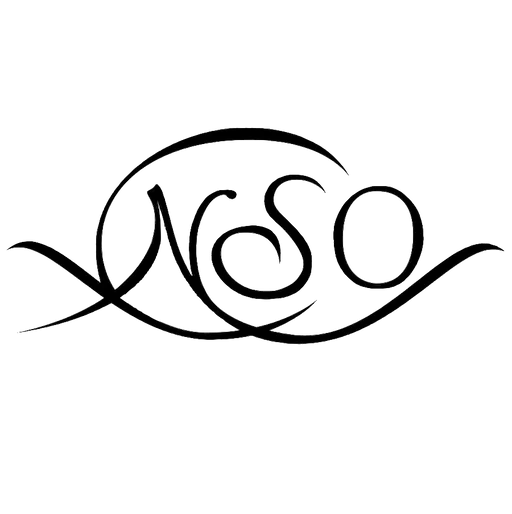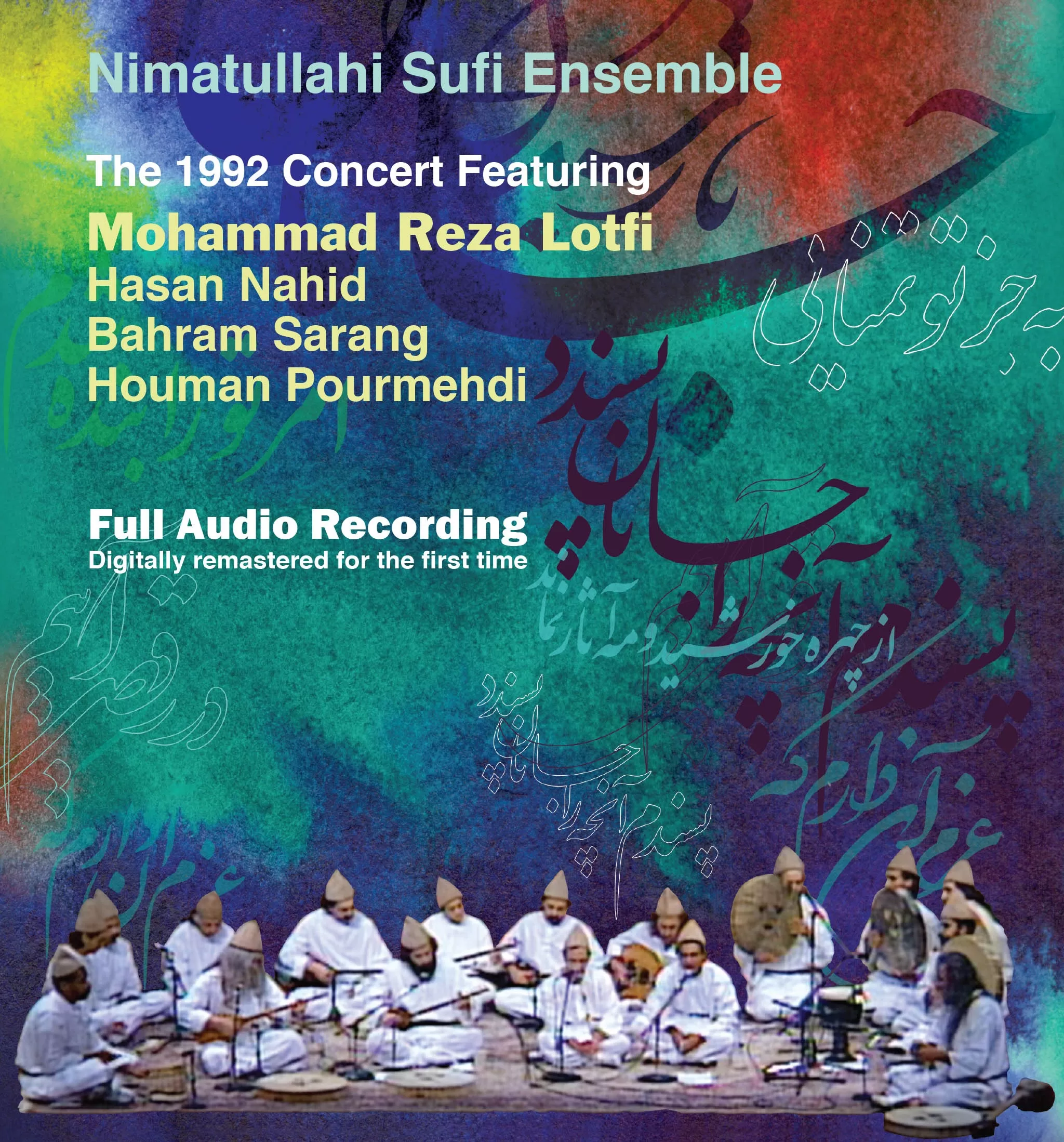Table of Contents
Special Music Edition — 2022
This Special Music Edition presents the recording of a landmark concert performed in 1992 at George Washington University as part of the conference “Persian Sufism from its Origins to Rumi.” The event introduced the public to Iranian Sufi devotional music alongside Persian classical traditions, with poems selected by Dr. Javad Nurbakhsh. It offered both historical continuity and spiritual experience, culminating in a rare public zikr performance.
Concert Program
- Introduction (Shur) 00:00 – 13:26
- Singing Attar (Shur) 13:28 – 30:38
- Singing Baba Taher (Salmac & Gharacheh Shur) 30:42 – 42:20
- Ney and Setar (Shur) 42:20 – 48:42
- Chahar Mezrab (Shur) 48:42 – 52:08
- Solo Ney and Singing Hafez (Shur) 52:10 – 61:25
- Singing Rumi with Daf, Setar, and Chorus (Shur) 61:25 – 67:45
- Solo Setar (Shur) 68:11 – 69:20
- Singing Iraqi with Drumming, Zurkhaneh Style (Homayun) 69:21 – 76:53
- Singing Attar (Shooshtari) 76:54 – 83:46
- Vocal Remembrance (Zikr) with Daf and Kaseh (Shooshtari) 83:46 – 91:10
Featured Artists
-
Mohammad Reza Lotfi (1947 – 2014)
Mohammad Reza Lotfi was one of the greatest masters of the tar and setar. He made numerous recordings both as a solo artist and with celebrated Iranian musicians, such as Mohammad Reza Shajarian, Shahram Nazeri, Hossein Alizadeh, and Parviz Meshkatian. He is among the major figures who, in the past twenty years, have revolutionized Traditional (Classical) Persian music. His innovative approach of combining the classical form with folk elements, both in terms of music and technique, has injected a new vitality into the tradition. His originality and the deep-rooted emotional quality of his playing have made him the father of a new aesthetics in Persian music. While continuing his collaboration with national radio and television, Lotfi co-founded the Shayda Ensemble. Between 1978 and 1980, he was the Head of the School of Music at Tehran University, and he also served as the Director of the Center for the Preservation and Propagation of Traditional Persian Music. Lotfi left Iran in 1986 and spent almost two decades of his life in the United States. He returned to Iran in 2006 and devoted the remaining years of his life to training students in the Mirza Abdullah music school he had founded. -
Hasan Nahid
Hasan Nahid, born in 1943, is the most senior Iranian ney player alive, succeeding Hasan Kassai who died in 2012. A ney virtuoso who plays in a restrained but powerful style, his music is renowned for both the deep feeling it expresses and its subtlety, in that he holds back from exhibiting his considerable technique any more than necessary. Nahid has made three solo albums while focusing primarily on ensemble playing. He can be heard on many celebrated recordings with other master musicians. -
Houman Pourmehdi
Houman Pourmehdi, born in 1966, is a master percussionist. He was introduced to Persian music by his father, and received his first tonbak at the age of three from his grandfather. At sixteen he studied with Grand Master Amir Nasser Eftatah and continued his studies at the Center for the Preservation and Propagation of Traditional Persian Music, where he completed the techniques of playing tonbak under supervision of Master Morteza Ayan. After moving to Chicago in 1988, he founded the Society for the Advancement and Preservation of Traditional Persian Music. Houman Pourmehdi is both a recording artist and a concert musician who has performed throughout Europe, North America, North Africa and Asia. In 1996, along with Pirayeh Pourafar, he founded The Lian Ensemble. He is presently also on the faculty of CalArts School of Music. -
Bahram Sarang (1951 – 2012)
Bahram Sarang was an internationally recognized singer and worked with various renowned musicians like Faramarz Payvar, Reza Shafieyan, and Mohammad Reza Lotfi. He made his debut performance at age 17 on Tabriz Radio. Meeting masters such as Dr. Ahad Behjat, at this early point in his life, motivated him to study classical Persian music at an academic level. He graduated from Tehran Music Conservatory in 1970. Throughout his musical career Bahram Sarang performed over forty national and Azeri musical opuses for the national Iranian Radio and Television.

